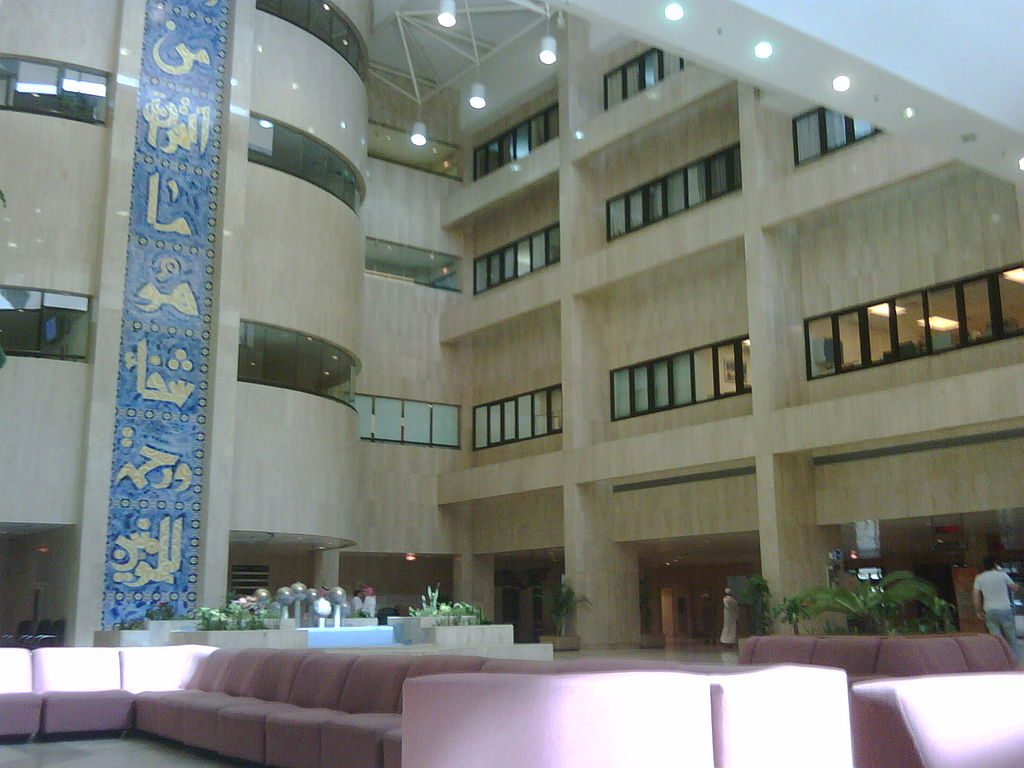
A dermatology journal has retracted a 2017 article by a pair of researchers in Saudi Arabia after receiving a “serious complaint” about the integrity of the data. But the first author of the paper pushed back, saying the move was unjustified.
The article, “Successful use of combined corticosteroids and rituximab in a patient with refractory cutaneous polyarteritis nodosa,” was written by Ibrahim Al-Homood and Mohammad Aljahlan, rheumatologists at King Fahad Medical City in Riyadh and appeared in the Journal of Dermatology & Dermatologic Surgery. It described (with rather grisly pictures) the case of a 25-year-old man with severe leg ulcers that resolved after the described combination therapy.
But at the notice explains, the paper can’t be trusted:
The original article titled “Successful use of combined corticosteroids and rituximab in a patient with refractory cutaneous polyarteritis nodosa” published in Journal of Dermatology & Dermatologic Surgery, on pages 24-26, Issue 1, Volume 21, 2017[1], is being retracted due to doubtful research data. This has been notified to the journal editorial office as a serious complaint. Plagiarism, unethical publication or redundant publication violates the editorial policy of Journal of Dermatology & Dermatologic Surgery, which follows best practice guidelines given by the International Committee of Medical Journal Editors (ICMJE) and Committee on Publication Ethics (COPE) mentioned on the Information for Authors and as codified in the signed statements made by the authors regarding the copyright of their work. This article has been retracted as per request made by the Editor-in-Chief and Editorial Board of the journal.
Al-Homood told us in by email that he and Aljahlan were surprised by the complaint, and the journal’s decision:
I’m waiting for them to send to me an email to clarify this again as I missed their initial email and they didn’t send again any mail for clarification. Your email makes me really surprised as I thought the issue was clear to the editor as he/she should investigate before such major decision that makes the journal reputation is questionable in the future.
Al-Homood added that:
We DO NOT agree with the retraction because all the points that were mentioned in that inquiry were NOT correct and we reviewed the file as I’m the corresponding author and the treating consultant and I’m not sure how can an anonymous person write to you points that not true and by which right he/she accessed the patient’s file as we need a clarification for this confidential issues.
We emailed the top editor at the journal for comment but have yet to hear back. [See update at the end of the post.] Meanwhile, the paper has zero citations, according to Clarivate Analytics’ Web of Science.
Update, 1215 UTC, 7/30/19: The editor in chief of the journal, Steve Feldman, tells us that
We were told that information in the article was not accurate.
and that
The authors did not respond to our multiple requests for a response.
Feldman said he does not know of any other affected papers.
Like Retraction Watch? You can make a tax-deductible contribution to support our work, follow us on Twitter, like us on Facebook, add us to your RSS reader, sign up for an email every time there’s a new post (look for the “follow” button at the lower right part of your screen), or subscribe to our daily digest. If you find a retraction that’s not in our database, you can let us know here. For comments or feedback, email us at [email protected].